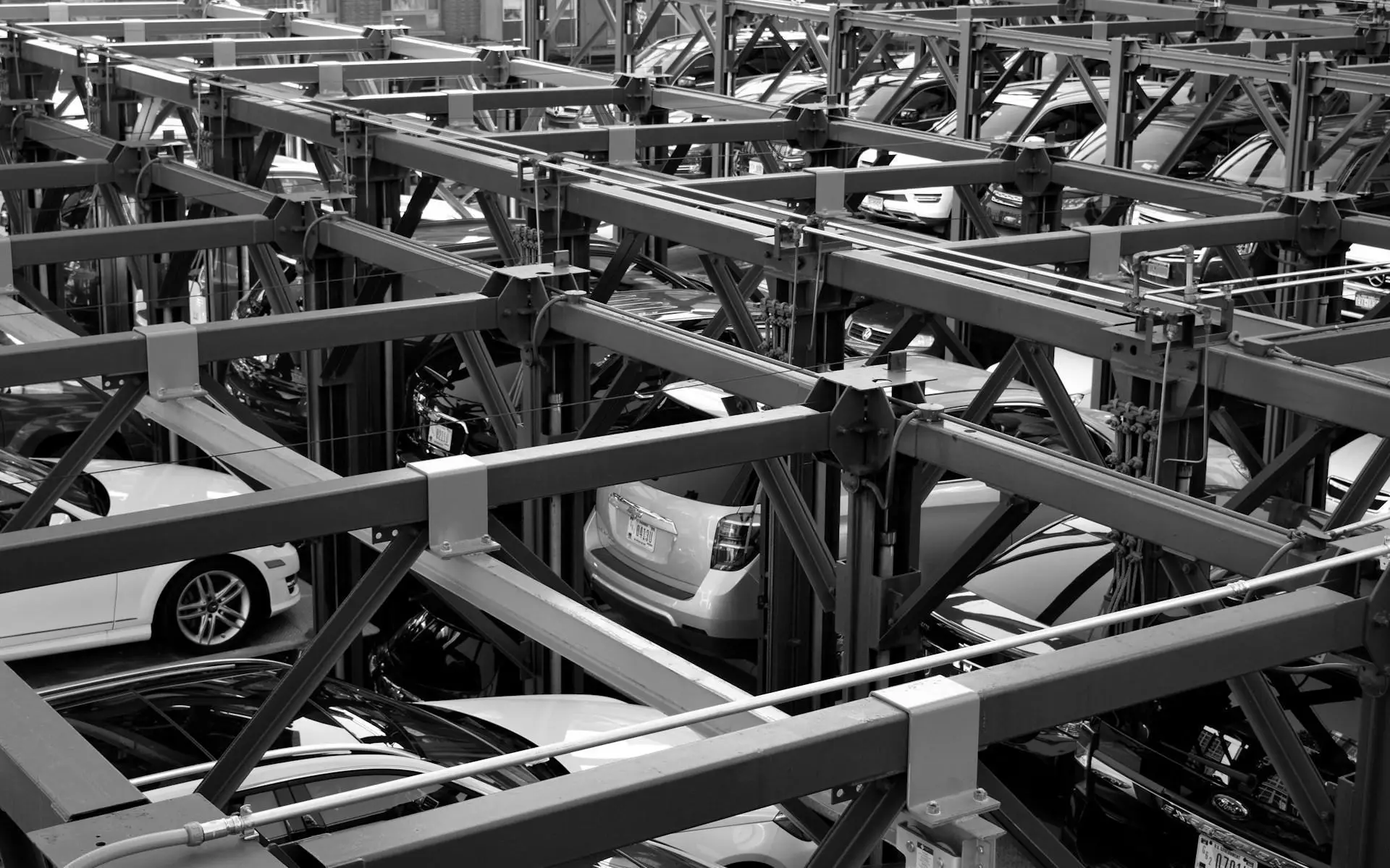Advanced Home Automation: Exploring the Latest Innovations in Smart Technology
Understanding the Smart Home Revolution
In recent years, the concept of smart homes has transitioned from an intriguing novelty to an essential component of modern living. A smart home, equipped with interconnected devices that communicate and automate everyday tasks, enhances convenience, security, and energy efficiency in daily life. The importance of home automation does not merely stem from its technological allure but also from its capacity to redefine how families interact with their environment—making life easier and more efficient.
The evolution of technology & innovation has played a significant role in this transformation, with increasingly sophisticated solutions that make homes smarter and more responsive to the needs of their inhabitants. This article aims to unravel the latest trends in smart home technology, shedding light on how these innovations are shaping the domestic landscape.
The Evolution of Home Automation Technologies
The journey towards today’s intricate home automation systems began decades ago with basic mechanization. Early automation tools were rudimentary, primarily involved in controlling lights, heating, and powered devices through simple timers. However, the turning point in this evolution came with the advent of the internet, giving rise to smart systems capable of remote operations and intelligence.
Currently, the smart home market is experiencing unprecedented growth, fueled by consumer demand for convenience and enhanced living experiences. This surge has led to a wealth of companies vying for leadership in this space. Industry giants such as Amazon, Google, and Apple have developed comprehensive ecosystems that integrate various smart devices, making it easier for consumers to adopt home automation solutions.
Innovative Solutions in Smart Home Automation
Smart Home Hubs: The Brain of Home Automation
At the heart of modern home automation lies the smart home hub, which functions as a control center for all connected devices. Products like Amazon Alexa, Google Home, and Apple HomeKit serve this purpose, allowing homeowners to centralize commands for lights, locks, cameras, and other smart devices. The integration capabilities of these platforms ensure seamless communication across a range of devices, enhancing both control and convenience.
Advancements in Smart Security Systems
Home security has become a top priority for many families, and technology has risen to the occasion. Today's smart security systems feature advanced cameras equipped with high-definition video and motion detection, allowing homeowners to monitor their property in real time. Additionally, smart locks provide enhanced security features such as remote locking and access control, enabling users to manage who enters their homes. Coupled with comprehensive home monitoring systems that send alerts for unusual activity, these innovations greatly boost the safety and peace of mind for homeowners.
Energy Management: Smart Solutions for Sustainability
As awareness about environmental impact grows, so does the demand for energy management solutions in smart homes. Smart thermostats like Nest and Ecobee are leading the way by learning user behavior to optimize heating and cooling schedules, ultimately reducing energy consumption. Likewise, smart lighting systems such as Philips Hue and LIFX help homeowners save energy through automation and customizable settings. Integration with solar energy systems further emphasizes the commitment to a sustainable future, making energy management an essential aspect of modern home automation.
Intelligent Appliances Transforming Daily Living
The emergence of smart appliances marks a significant step forward in convenience and efficiency. Connected refrigerators, dishwashers, and washing machines not only streamline household tasks but also enhance user experiences with smart notifications and remote management. Innovations in appliance AI, allowing devices to learn from user habits, are paving the way for fully automated homes where mundane chores are a thing of the past.
The Role of AI in Home Automation Integration
Artificial intelligence plays a pivotal role in refining smart home experiences. Voice-activated assistants are becoming more sophisticated, enabling intuitive interactions with household devices. Furthermore, predictive analytics are transforming home automation by personalizing daily routines based on user preferences, ultimately enhancing comfort and efficiency.
Navigating Challenges in Smart Home Implementation
Despite the advancements, several challenges hinder the widespread adoption of smart home technology. Privacy and security concerns are paramount, as data breaches could expose sensitive information stored within smart devices. Homeowners are advised to implement robust security measures, including regular software updates and secure network practices.
Interoperability remains another significant challenge, with numerous brands often lacking compatibility. Solutions are emerging, such as industry standards aimed at creating a more cohesive ecosystem for smart homes. Additionally, while the initial investment in smart technology can be substantial, homeowners should weigh these costs against the long-term energy savings that automation can provide. Budget-friendly options are available for those entering the smart home sphere.
Looking Ahead: The Future of Smart Home Innovations
Future Trends Shaping Home Automation
Looking to the future, sustainability and eco-friendliness are poised to dominate the smart home industry. Home automation solutions are likely to evolve, focusing on minimizing environmental footprints and promoting energy conservation. Advances in machine learning and predictive analytics will further enhance the capability of smart devices to tailor experiences to individual preferences.
Moreover, the integration of the Internet of Things (IoT) with home automation is on the horizon, promising enhanced connectivity and functionality. As user experience and interface design continue to improve, the accessibility of smart home technology will increase, bringing sophisticated solutions to a broader audience.
Embracing the Smart Home Revolution
As the landscape of home automation continuously evolves, technology and innovation remain at its core. The latest smart home technologies promise to significantly enhance quality of life, increase efficiency, and offer unparalleled convenience for users. Homeowners are encouraged to explore the multitude of smart home options available and stay informed on the emerging trends that could redefine their living spaces in the future.
The journey toward a fully automated home is far from over, with endless possibilities waiting to be unlocked. By embracing the latest advancements, individuals can transform their living environments into smart spaces that meet their modern needs while contributing to a sustainable future.








